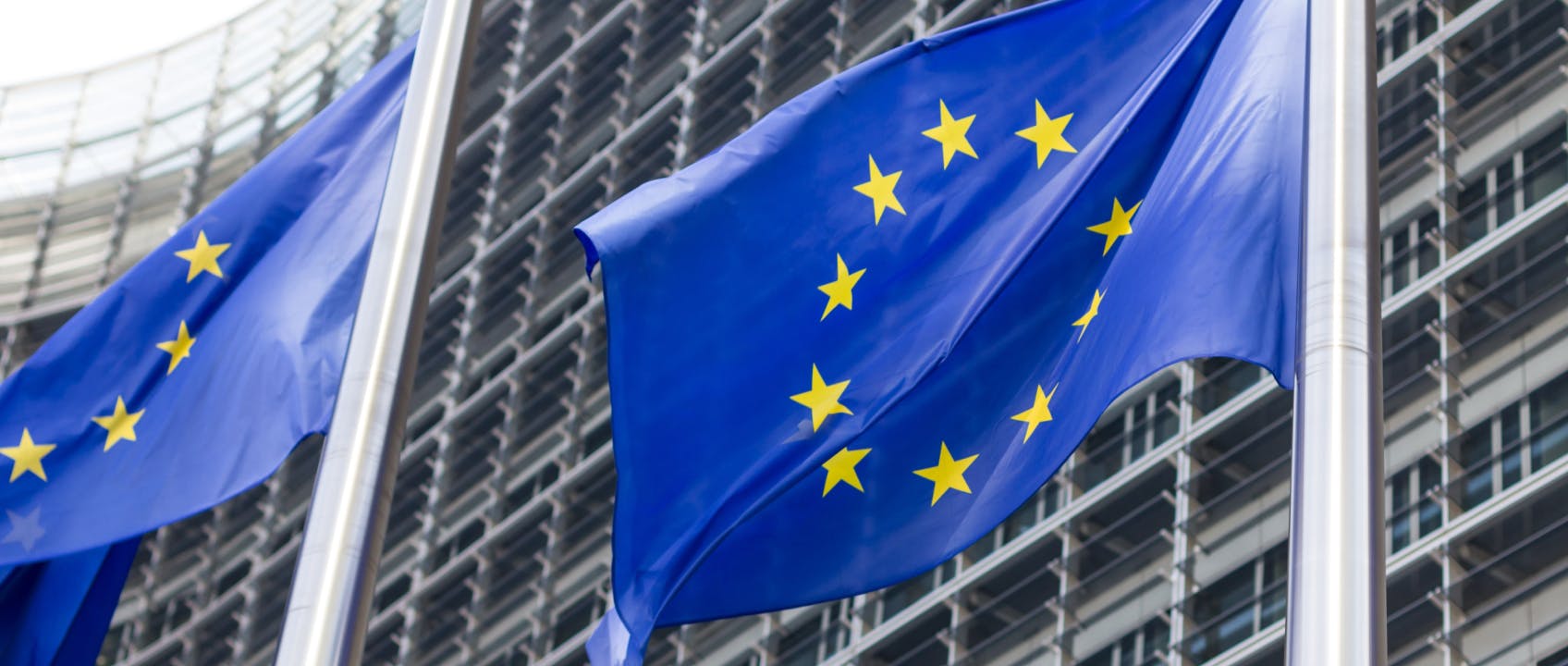Embedded Finance Meets AI: The Future of Invisible, Intelligent Financial Services
The future belongs to companies that think beyond their own sector. As Embedded Finance converges with Artificial Intelligence, the financial services industry is undergoing a profound transformation. Organizations are moving from simply connecting financial services to building intelligent ecosystems where AI orchestrates personalized, context-aware financial experiences that feel effortless and invisible.

Embedded Finance Meets AI: The Future of Invisible, Intelligent Financial Services

The future belongs to companies that think beyond their own sector. As Embedded Finance converges with Artificial Intelligence, the financial services industry is undergoing a profound transformation. Organizations are moving from simply connecting financial services to building intelligent ecosystems where AI orchestrates personalized, context-aware financial experiences that feel effortless and invisible.
Learn more

Integrating PISP services into the ERP system: invoice and payment reconciliation on a single platform

Why Open Finance and Embedded Finance are transforming the Energy & Utilities sector in the UK

Open Banking in 2026: Trends and What to Expect

Cash Flow Optimization: Tools and Solutions to Improve Liquidity Management

Embedded Finance: How Financial Services are Reshaping B2B Ecosystems

Insurance-as-a-Service: the open infrastructure for digital insurance models

Payment Optimisation with Pay by Bank (PISP): Efficiency, Cost Savings, and Automated Reconciliation

Payment Hub and Payment Orchestration: Why Your Company Needs them

International Payment Gateway: Efficiency, Control and Cross-Border Growth

Driving seamless mobility: payment orchestration in digital payments for automotive and smart mobility

Embedded Lending revolutionizes financing for businesses and consumers

Ransomware: a growing trend in the cyberfraud landscape

Payment orchestration for optimised lending platforms: a complete guide

PSD2 and Open Banking: the revolution of the banking and fintech sector

5 key measures to prevent digital fraud in the tourism and travel sector

Payments in hospitality and travel: new payment orchestration trends

Online payments for companies: easier with the PIS licence

What Pay by Bank payments are and how they work

The introduction of the digital identity in Europe and UK

Open Finance to improve supply chain financial cash flow management

Embedded Insurance and Insurtech: benefits and challenges

The future of payments in 2024: international and consumer-focused

Cashless payments in the UK and worldwide

Digital payments and Mobility-as-a-Service (Maas)

Fraud prevention: SCA exemptions to optimise the customer experience

Receiving and managing recurring online payments

The 3DS security protocols for the protection of online purchases

How Transaction Risk Analysis (TRA) is increasing conversion rate and security in payments

New business models in retail from the convergence of Open Payments and Open Banking

Virtual Credit Cards or Physical Cards: benefits and differences
Biometrics in payments: from fingerprint to voice payments
Bank reconciliation in the era of Open Banking

Wealth management, private banking and robo-advisory for asset management

Open Innovation through the Fabrick platform: connect, orchestrate, co-create

What is Tokenization and its key role in international payments

How Artificial Intelligence is improving the payment industry

How Buy Now Pay Later (BNPL) can increase Ecommerce sales and customers’ loyalty

Fashion and payment orchestration: the perfect marriage

Banking as a Service: what it means and how it works

Alipay and the payment methods for the Chinese market

Digitisation of Finance – The Next Chapter

Blockchain and digital payments: the evolution of cross-border transactions

The evolution of payments in the Ho.Re.Ca. sector

What P2P payments are and how they work

CIT, MIT and COF transactions: differences and use cases

The European Commission is ready to advance Open Banking, Open Finance and digital payments

Fabrick at Money20/20 2023: Embedded Finance, payments as “relational” driver for businesses, and the rise of the Italian fintech ecosystem

What smart routing is and how it helps reduce Ecommerce failed transactions

PISP, AISP and CISP: the Third Party Providers (TPPs) introduced by the PSD2

The key role of payment orchestration for Ecommerce growth

PSD2: What it is and how it has changed the EU Payment Services Directive

How payment orchestration can help subscription economy's growth
